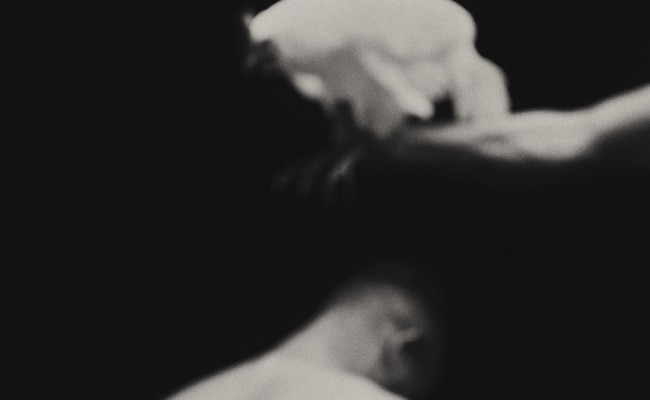As I write this, we are still in mourning from a right-wing terror attack on Christchurch that took many lives, and damaged us all. Two weeks ago today, the true and brutal nature of fascism yet again showed its hideous visage.
It is often difficult to put our reactions to such horror into words, but Giovanni Tiso, who recently moved into the editorial role at Overland’s online magazine, found many exceptional writers to do precisely that. In the week following the massacre, our writers reacted, grieved, raged, reflected and reckoned.
‘There is a tendency to think New Zealand is insulated from the rest of the world’s toxic discourse,’ observed Brannavan Gnanalingam. ‘That the Trumps and the Orbans and the Tommy Robinsons and the Le Pens are over there, somewhere else.’ The same is true of Australia.
But what of the ideology behind this massacre? ‘It had been in the planning for years,’ wrote Faisal Al-Asaad, ‘and was committed by a white European on behalf of white Europeans, on what he believed to be unquestionably white European lands.’
Morgan Godfery interrogated this idea, too: ‘White supremacy can trace its roots – Māori would call it its whakapapa – to the nineteenth century and colonisation.’
Australia shares this settler past and continues to re-enact this violence in the everyday. As Gnanalingam noted, ‘Australia’s offshore detention gulags are clearly built on foundations of anti-Muslim sentiment.’
Racism, colonial occupation and consequence are confronted head on in this edition’s fiction works, guest curated by Evelyn Araluen and Jonathan Dunk.
Consequences – those that already exist and those that can be conceived of – are taken further by Alexis Wright, when she hypothesises a world silenced by absent voices and stories.
To borrow from Alison Croggon’s column on taxonomy: ‘Language. A key to freedom. A prison.’
Words do have consequence, as any writer or reader can attest. ‘It’s all of our responsibility,’ Lizzie O’Shea argued in the wake of Christchurch, ‘to correct the record with our fellow citizens whenever it’ – racism, Islamophobia, white supremacy – ‘is discussed.’
Read the rest of Overland 234
If you enjoyed this piece, buy the issue




